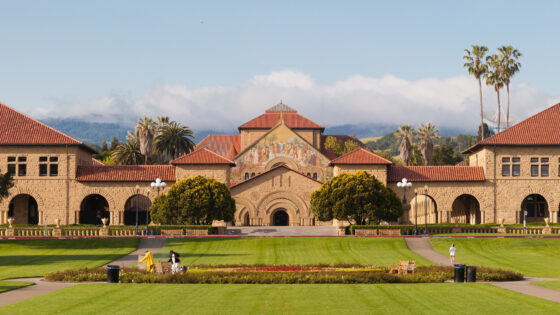http://www.jpost.com/servlet/Satellite?cid=1210668638115&pagename=JPost%2FJPArticle%2FShowFull
Although there was much boasting by Israelis and admiration by foreigners at Jerusalem’s “Presidential Conference 2008: Facing Tomorrow” on Wednesday about the Jewish state’s scientific and technological discoveries, some scientists there warned that such achievement could easily become a thing of a past.
Israel spent much too little on basic scientific research, warned Prof. Roger Kornberg, the 2006 Nobel Prize laureate in chemistry who divides his time between the Stanford University School of Medicine in California and the Hebrew University of Jerusalem.
Scientific excellence “could slip away,” said Kornberg. Developed countries were judged according to how much they valued science, added the biochemist, who has spent two months annually for 20 years conducting research at the HU.
But the Hebrew University’s faculty in the sciences has shrunk by 30 percent in the past five years, he continued, and the government spent about 10% per capita on basic research of what the US government did.
Prof. Hermona Soreq, dean of the HU’s natural sciences faculty and one of the world’s leading molecular biologists, voiced concern at a panel discussion that the government’s cuts in university funding endangered science and economic development, not only now but in the future.
The damage was already being seen, Soreq said, adding that this was happening at all Israeli universities and affected the quality of research, “from the student to the most senior researchers.”
Yehuda Bronitzky, chairman and founder of Ormat Industries, said that inadequate state funding of science and technology affected not only the quality and amount of research but also the directions of research. What will be investigated was often dictated by parochial financial and governmental interests rather than by what should be studied, and the way in which some research was published arouses questions, both ethical and professional, he said.
In a panel on stem cell technology, “Wrestling with Creation,” researchers – most of them locals and many of them with grey hair – presented remarkable Israeli leadership in the field. Prof. Shimon Slavin, the longtime bone marrow transplantation wizard at Hadassah University Medical Center in Jerusalem who retired recently to set up a Center for Cellular Therapy at Tel Aviv Sourasky Medical Center, said today’s patients were not willing to wait until human embryonic stem cell technology became safe and widely successful.
Some patients with cancer, multiple sclerosis and other diseases were already beginning to benefit from using adult stem cells from relatives who were only partial matches or that were taken from the patients themselves before chemotherapy destroyed their immune systems.
Slavin said he had patients with diseases thought to be incurable but who had been disease-free for up to 20 years, adding that the technique could also benefit organ transplant patients.
Prof. Joseph Itskovitz-Eldor of Rambam Medical Center and the Technion’s medical faculty said 3-D cultures of stem cells had shown promise in making more of them than just 2-D adhesion to a surface. But he said there was still a long way to go before human embryonic stem cells could be used to repair diseased tissue and organs without the risk of the cells causing cancer.
Prof. Benjamin Reubinoff, director of Hadassah’s Human Embryonic Stem Cell Research Center, said he and his team had produced primitive neuron cells from embryonic stem cells and been able to repair the diseased myelin covering of damaged nerves in mice that served as an animal model for multiple sclerosis.
Showing a video clip of a treated mouse what was very active and “happy,” he compared it to an untreated mouse that was limping, weak and lethargic. “But we need more translational research for producing cells suitable for transplant that are safe and don’t cause harm. We hope to use human embryonic stem cells to fight the inflammatory process” involved in MS and other diseases involving the inflammatory process,” he said.



